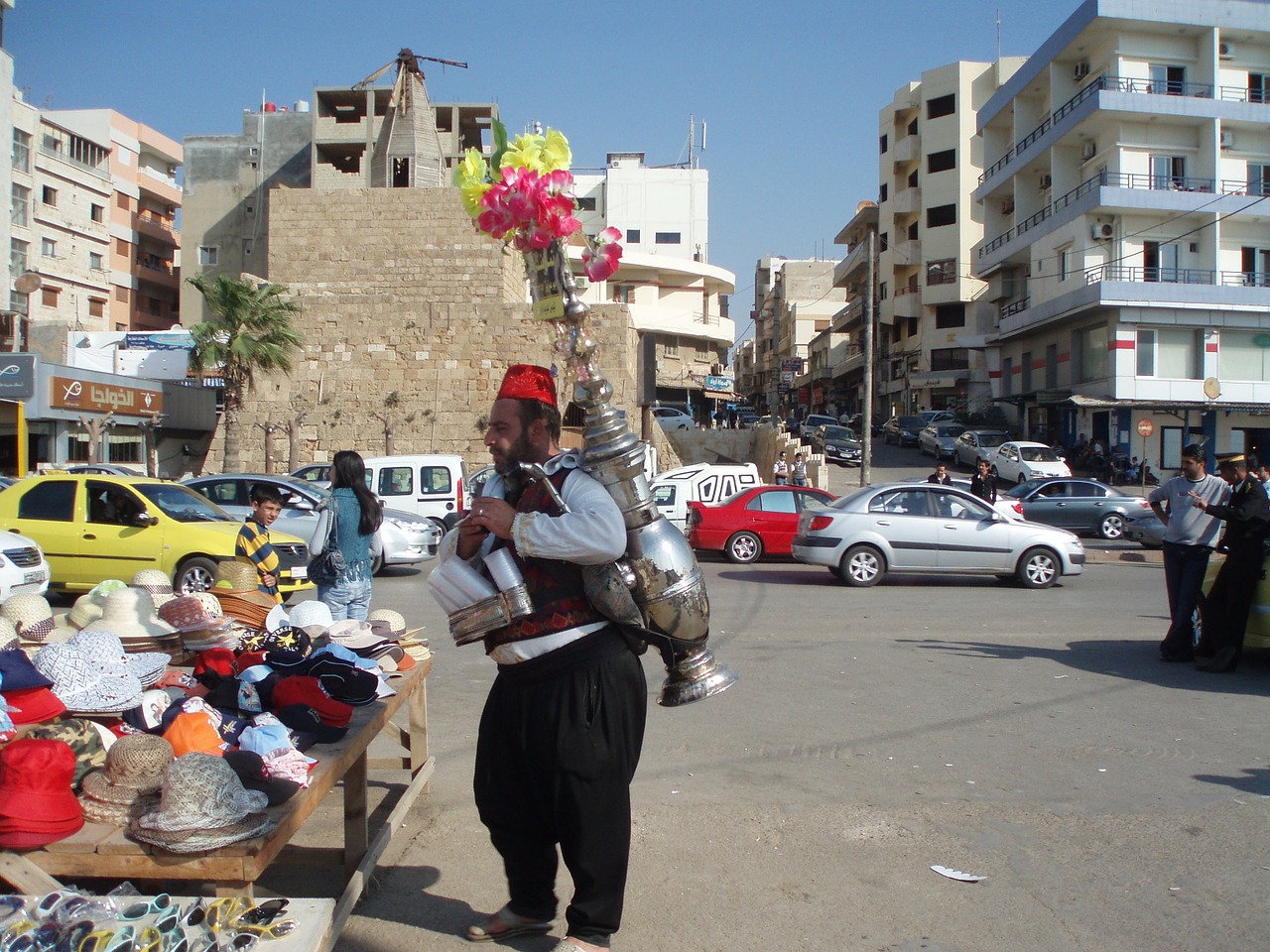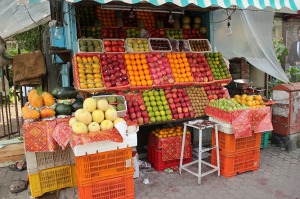Translating deep thinking into common sense
The Lemonade Stand as the Last Bastion of Self-worth

By Mohamad Machine-Chian
April 1, 2015
SUBSCRIBE TO SAVVY STREET (It's Free)
We often talk about the entrepreneurial lemonade stand and how it has been criminalized in many societies these days.
We often talk about the entrepreneurial lemonade stand and how it has been criminalized in many societies these days. However, that illustration is mostly used as an anecdote to demonstrate that when it comes to regulations, even the widely accepted cases cannot be applied universally without well-intentioned policies finding a way to do harm, or at least lose some of their utility, which given the difficulty of eclectic application of regulations, may be a good reason why we should keep them as minimal as possible to begin with. Nevertheless, perhaps not often enough we venture any further to explore the harmful effects of those regulations to the society; in this case what really happens to the owner of those lemonade-stands; the kid, in reality, seldom goes back home with teary eyes only to forget everything by the next morning.
As any other businessman, he simply couldn’t afford to lose everything, but he did, since his everything was so little, and all of it was confiscated.
No, going back to his house was no option at all for the 31-year-old street fruit-dealer Youness Asakere. On the last week of the Persian year, as any other businessman, he simply couldn’t afford to lose everything, but he did, since his everything was so little, and all of it was confiscated. Asakere couldn’t go back home and look into the eyes of his wife or two little children, I presume. If he could afford it, surely, he would have gone back home to enjoy and celebrate the New Year, to get some rest and come back in a month or two to start over. That, for him, it seems, was no option at all.
Of course, his case wasn’t an isolated incident, and the injustice done to him is not in any way unique to Iran, which, when it comes to bureaucracy, is trailing the developed world very closely. Thousands of motivated and able, if less equipped people, just like Youness, are being tied down by red tape, not allowed to function and prosper. Ironically however, so far as the trend goes, many, repulsed by the living conditions of the Asakeres, would seek a solution in feeding them, if only every now and then, instead of untying their hands, or at least giving them a chance to try their best, even with their hands tied. The thing unique to his case was that Youness didn’t die a few years later, in silence and misery as is common for his ilk, robbed of every opportunity to make the better of themselves and their families. He didn’t escape our attention like everyone else in that condition. He ended his life by setting himself ablaze, right there and then, bright enough to wake up hundreds of thousands of his fellow citizens, and died a week later in a hospital.
***
 In reality, the lemonade stand, isn’t anyone’s first choice, to avoid taxes or to make more money in general. You will hear no one in a party who, after a few drinks, confesses that they are selling petty things in the streets because they like the cold, because they enjoy the thrill, or because they want to get ahead of those suckers who abide by the rules and pay their taxes. No, it is not even about the taxes; we have a long tradition of street dealers and service providers in our recent history who have been vital members of our admittedly poor society, where they would pay the local authorities an equivalent of tax in the form of money or goods and services, in order to safely conduct their business.
In reality, the lemonade stand, isn’t anyone’s first choice, to avoid taxes or to make more money in general. You will hear no one in a party who, after a few drinks, confesses that they are selling petty things in the streets because they like the cold, because they enjoy the thrill, or because they want to get ahead of those suckers who abide by the rules and pay their taxes. No, it is not even about the taxes; we have a long tradition of street dealers and service providers in our recent history who have been vital members of our admittedly poor society, where they would pay the local authorities an equivalent of tax in the form of money or goods and services, in order to safely conduct their business.
I have personally encountered—and mind you I’m only a third of a century old—a barber who had an old photo of his younger self at his street barbershop in Bazar, framed on the wall of his very decent barbershop. He was proud of his achievements and couldn’t brag enough about his physician daughter. I’m not trying to glorify it though, for it is a life of hardship and little prospect. What I’m trying to say is that it is a chance for those at the very bottom to help themselves, for street-selling is the poor man’s entrepreneurship. It is the honest person’s last chance to make a living while keeping his head high and holding on to his moral values—before falling into other “unlawful,” if less moral activities. It is the starting point for someone who simply cannot afford to step in the absurd interwoven regulatory system that has been doing more harm than good for the likes of them, and has been getting more and more complicated for the past few decades. It is a glimmer of hope for the less fortunate to try and be viable members of their society, to try and provide for their families and to make a better living, despite the odds against success.
Street-selling is the poor man’s entrepreneurship. It is the honest person’s last chance to make a living while keeping his head high and holding on to his moral values.
A concerned economist friend of mine asserts that, “Giving them the easy road without regulation would work as an incentive for such “entrepreneurs,” and will result in their numbers growing.” Maybe, but the easy road as opposed to what? What would those hardworking individuals be doing otherwise? And I suspect that we would more than make up for the untaxed transactions in tax-money spent in the judicial, or more particularly the prison system, which in the absence of such opportunities, would be the eventual destination for many of them. And although it seems like everyone is quite content with these sorts of regulations, I still wonder, what right do we have to impose restrictions on voluntary exchange of goods between individuals, especially of that nature, in those quantities, and inspired by such conditions? In other words, I wonder if it is a good idea to enforce our regulations consistently when the harm far exceeds their utility and while they are designed against natural orders we have enjoyed for many years. My economist friend isn’t convinced, and I’m sure he’s not the only one who thinks if the society doesn’t pass through a narrow passageway made between rules and regulations that can foresee every possible situation in advance, it would simply burst into chaos; he probably suspects that next time he wants to buy, say, Tom Ford, he’d have to go to a dingy corner of the streets and see the spring line, while the dodgy fellow is showing them to him from the inside of a plastic bag, simply because we’ve eased up on the street dealers and made it possible for everyone else to potentially operate on that platform. He suggests a more systematic approach to the development of ‘those people’, maybe ‘a special program by the government to identify them and in addition of insurance, give them a helping hand, maybe even a retirement plan’, and so on.
But I think this is how we ended up with such an unworkable system in the first place. For many a man, the lemonade stand is the last bastion of pride and self-worth. Take that away, and quite literally you take away his life.







